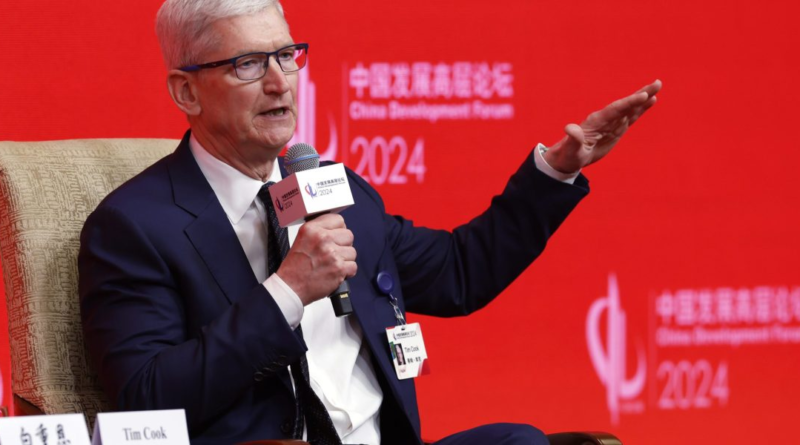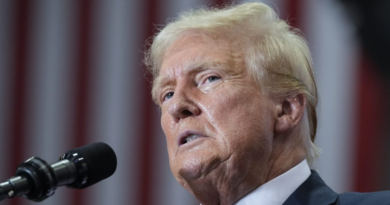Tim Cook says Apple wants to invest more in Vietnam, as it distances itself from China
Apple is doubling down on its Vietnam business. The smartphone maker wants to expand its business relationship with suppliers in Vietnam, according to reports from state media. Earlier this week Apple announced its plans to expand its supplier network in Vietnam during CEO Tim Cook’s two-day visit to Vietnam.
Apple’s decision to build up its manufacturing in Vietnam coincides with a prolonged initiative from the iPhone maker to make its supply chain less reliant on China. A process that has been years in the making since the pandemic era supply chain disruptions caused numerous headaches for Apple. They culminated in 2022, when a factory belonging to one of Apple’s key suppliers, Foxconn, shutdown over a coronavirus outbreak during China’s zero-COVID policy and reports of bad labor conditions, which reportedly cost the company $1 billion a week. The factory’s closure led to a shortage of some 6 million iPhones, according to Bank of America.
After that incident Apple began pushing to move its supply chain to other countries in the region.
Now it seems to have earmarked Vietnam as one of the countries where it will ramp up operations. Apple already makes several products in Vietnam, including Airpods and Apple Watches. In December, Apple moved some iPad manufacturing from China to Vietnam. Some of Apple’s key suppliers, like Foxconn, which is based in Taiwan, and Luxshare, which makes iPhones and the recently released Apple Vision Pro headset, have also been opting to bolster their supply chains in Vietnam. Since 2019, Apple has invested $16 billion in manufacturing capabilities in the country, according to state media.
Apple’s shift mirrors the U.S. as a whole, as the nation reevaluates its trade relationship with China over what it considers to be unfair business practices. While Cook was in Vietnam this week, President Joe Biden hosted other Asian leaders at the White House, promising closer ties amid rising geopolitical tensions across the world.
Trade relations between the U.S. and China have become increasingly tense over the last year, and the resulting uncertainty has made the prospect of relying so heavily on China less palatable. Both countries have traded pointed public statements and implemented trade policies designed to hobble one another. The advent of AI combined with a global chip shortage led to a U.S. government ban on Chinese firms from accessing the most advanced semiconductor technology. More recently, the U.S. and other countries in Asia and Europe have accused China of oversupplying certain sectors of the market with cheap goods meant to undercut international competitors.
All this comes on a backdrop of declining sales for Apple in China. By mid-February iPhone sales in China were down 24% compared to the same time a year prior as Chinese smartphones eat away at Apple’s market share. In the first quarter of this year, iPhone shipments dropped 10%, as the Cupertino giant lost its spot as the number one smartphone in the world to Samsung.



